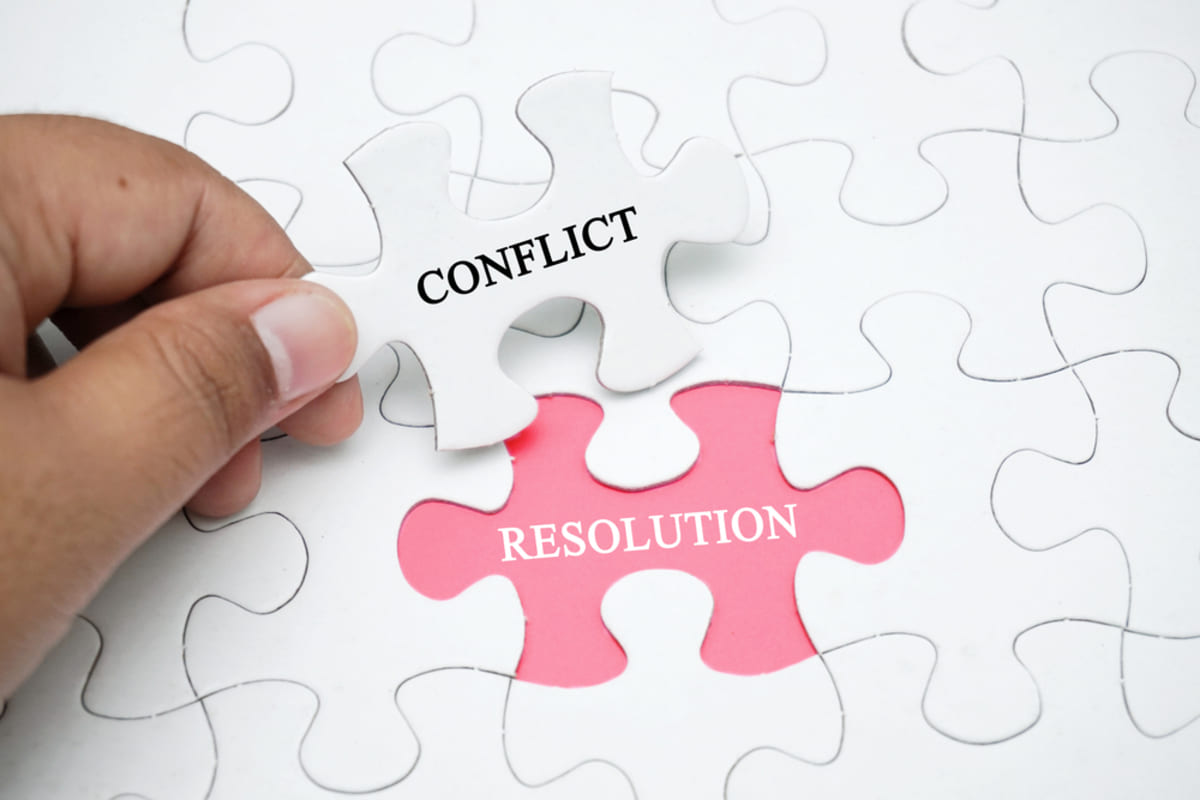Managing rental properties involves more than maintaining buildings and handling finances. Tenant disputes are an inevitable part of property management, and effective conflict resolution is crucial to maintaining tenant satisfaction, preserving property value, and fostering a peaceful community.In many cases, property owners can benefit from expert property management services to avoid these conflict situations and reduce the time spent on organizational and technical issues. These experts handle tenant relations and maintenance needs efficiently, providing peace of mind and allowing property owners to focus on other priorities. In this guide, we’ll cover practical strategies for resolving tenant disputes, along with the advantages of proactive, structured approaches to conflict resolution.
1. Understanding Common Tenant Disputes
Tenant disputes can arise from a variety of issues, including:
- Noise complaints: Often due to differing lifestyle schedules or thin walls.
- Maintenance issues: Disputes can occur if tenants feel their repair needs are not addressed promptly.
- Lease violations: Such as unauthorized pets, additional occupants, or illegal activities.
- Privacy issues: Disagreements may arise if tenants feel their privacy is compromised.
By understanding the nature of common tenant complaints, property managers can be prepared to address them effectively.
2. Proactive Conflict Prevention
Conflict prevention starts with clear communication and thorough lease agreements. Some steps to consider include:
- Drafting a comprehensive lease: Ensure the lease clearly outlines rules, regulations, and tenant responsibilities. This document serves as a foundation for dispute resolution.
- Setting expectations early: During the leasing process, inform tenants of your expectations regarding noise, maintenance requests, and lease adherence.
- Providing open communication channels: Offer tenants clear contact methods for reporting issues to address grievances before they escalate.
- Conducting regular property checks: Routine inspections help identify potential issues before they cause conflict, such as leaks, structural issues, or signs of unauthorized pets.

3. Effective Communication Techniques in Tenant Dispute Resolution
Good communication is the cornerstone of conflict resolution. To resolve disputes effectively:
- Listen actively: Give tenants a chance to explain their side without interruption, demonstrating respect for their concerns.
- Remain neutral: Avoid taking sides. Focus on understanding the situation rather than assigning blame.
- Ask clarifying questions: Encourage tenants to provide more details, which can help in identifying potential solutions.
- Be empathetic but firm: Show understanding of the tenant’s viewpoint, but uphold lease agreements and property policies where necessary.

4. Utilizing Mediation for Tenant Disputes
When tenant disputes escalate, mediation may be a helpful option. Mediation offers a structured environment where a neutral third party facilitates the conversation to help both parties reach a fair resolution. Mediation is often less adversarial than legal proceedings and can preserve the tenant-property manager relationship.
- In-house mediation: Some property managers may be trained in mediation skills to resolve issues directly.
- Hiring a professional mediator: Professional mediators are skilled in facilitating conflict resolution. This option may be more suitable for complex disputes, such as disagreements over repairs or neighbor-related issues.
- Setting clear goals: Before mediation, clearly outline the goals and potential resolutions to focus discussions on productive outcomes.
5. Legal Considerations and Knowing When to Escalate
Some disputes cannot be resolved through mediation alone and may require legal action. Property managers should be aware of the legal framework surrounding tenant disputes, including landlord-tenant laws, eviction laws, and fair housing regulations.
- Document everything: Maintain a record of all interactions, complaints, and attempted resolutions in case of legal escalation.
- Consult with an attorney: If the dispute escalates beyond what you’re able to mediate, consult with a property attorney to determine the best legal course of action.
- Understand local eviction laws: If a tenant violates terms of the lease, knowing the eviction process will help protect your rights as a property manager.
6. Encouraging Positive Tenant Relations
Building a strong community and fostering positive tenant relations can minimize disputes and improve tenant retention rates. Some ideas to encourage good relations include:
- Hosting community events: Community gatherings allow tenants to get to know one another, reducing the likelihood of misunderstandings or conflicts.
- Sending out surveys: Regular feedback can highlight potential issues early and demonstrate your commitment to addressing tenant concerns.
- Rewarding good behavior: Positive reinforcement, such as rent discounts or rewards, can encourage respectful conduct among tenants.
7. Following Up After a Dispute
Once a dispute has been resolved, it’s crucial to follow up with both parties to ensure the solution is working as intended. Follow-up actions can include:
- Checking in with tenants: Ask if the resolution has effectively addressed their concerns.
- Monitoring the situation: For issues like noise complaints or maintenance needs, regular follow-ups can prevent the problem from resurfacing.
- Making adjustments: Based on feedback, adjust policies or practices to prevent future disputes of a similar nature.
Effective conflict resolution in property management not only strengthens tenant relations but also safeguards the property’s reputation. By employing clear communication, structured mediation, and legal preparedness, property managers can resolve disputes efficiently and keep tenants satisfied. Proactive approaches that encourage positive tenant relations will further reduce the likelihood of disputes, creating a harmonious environment for all residents.













